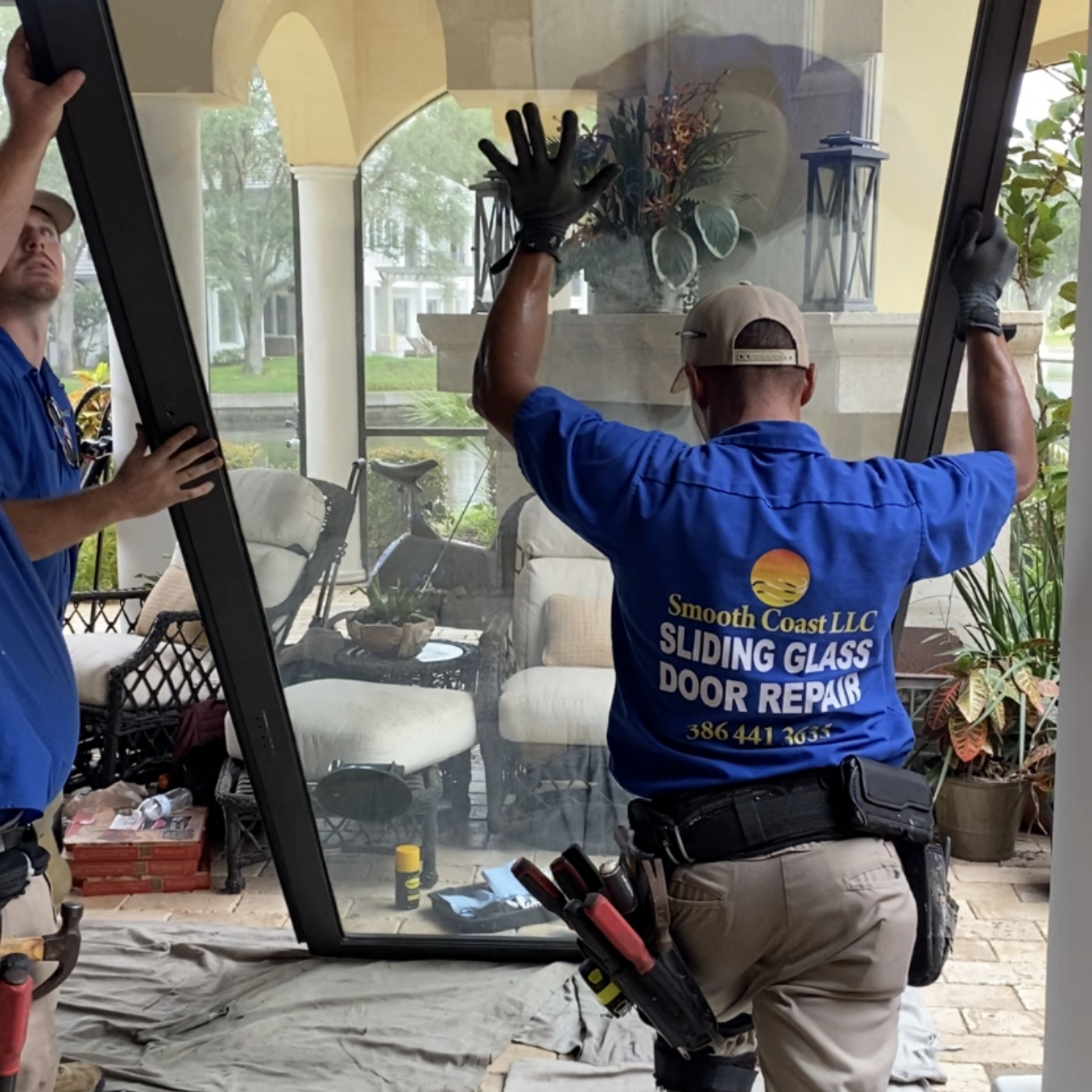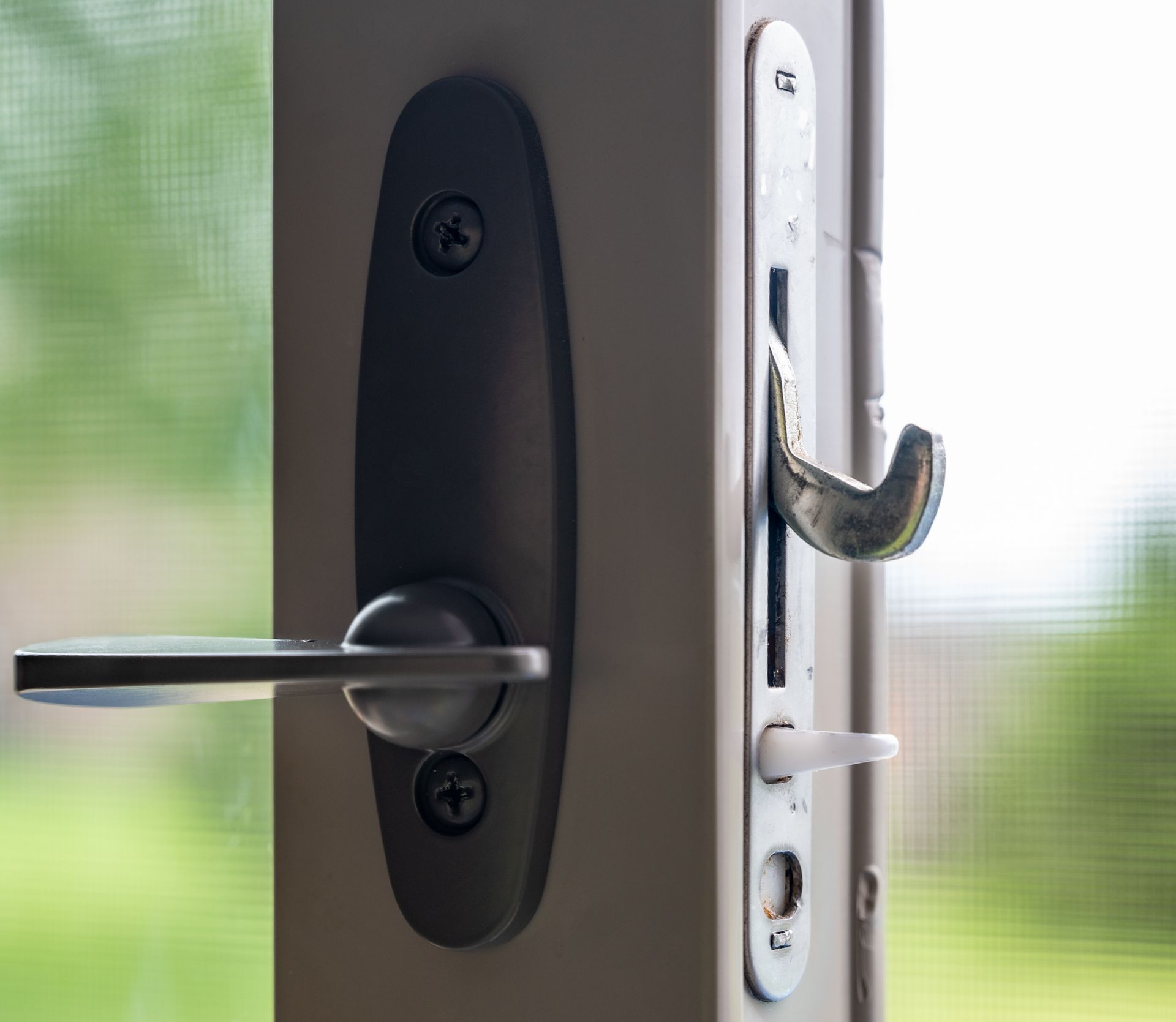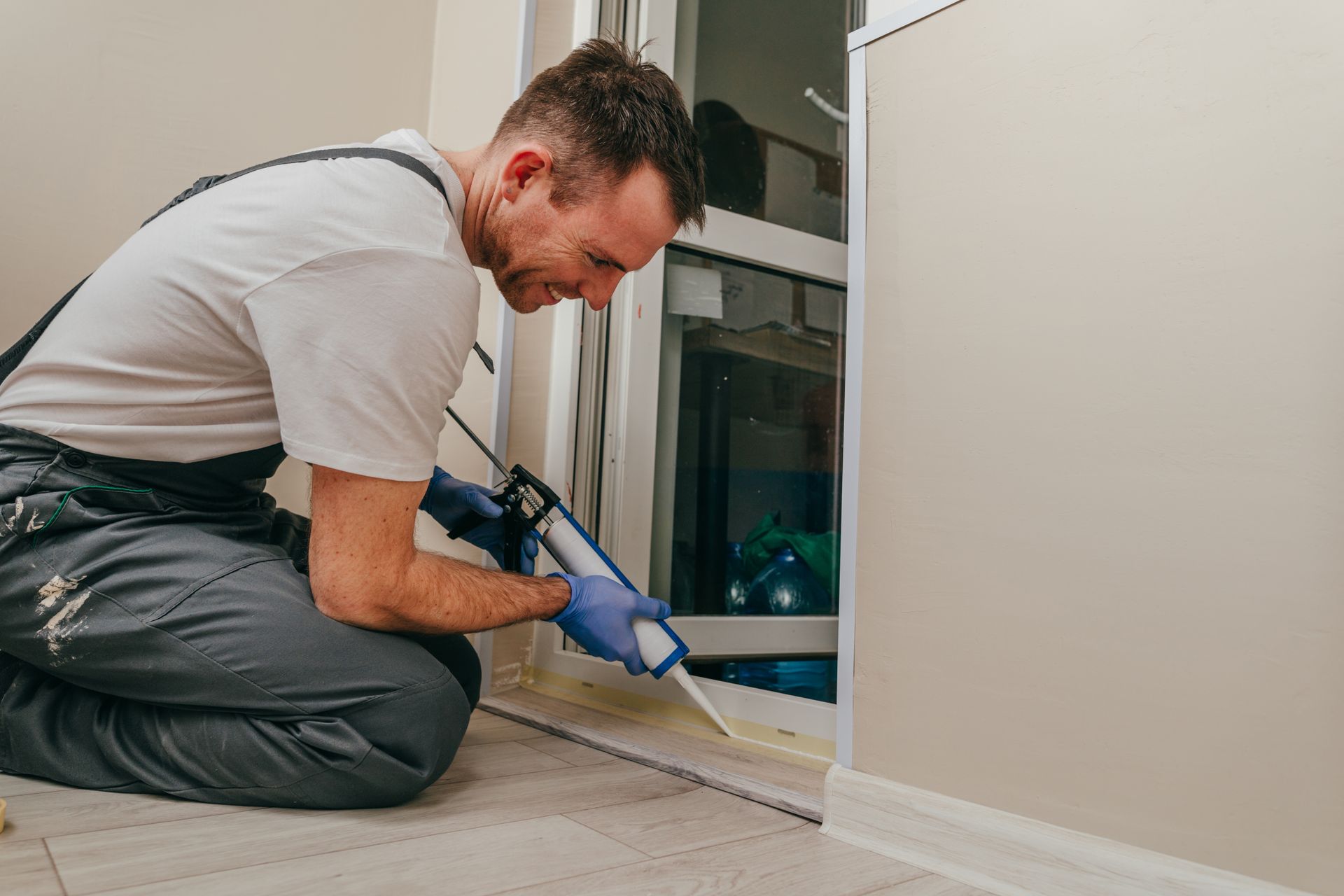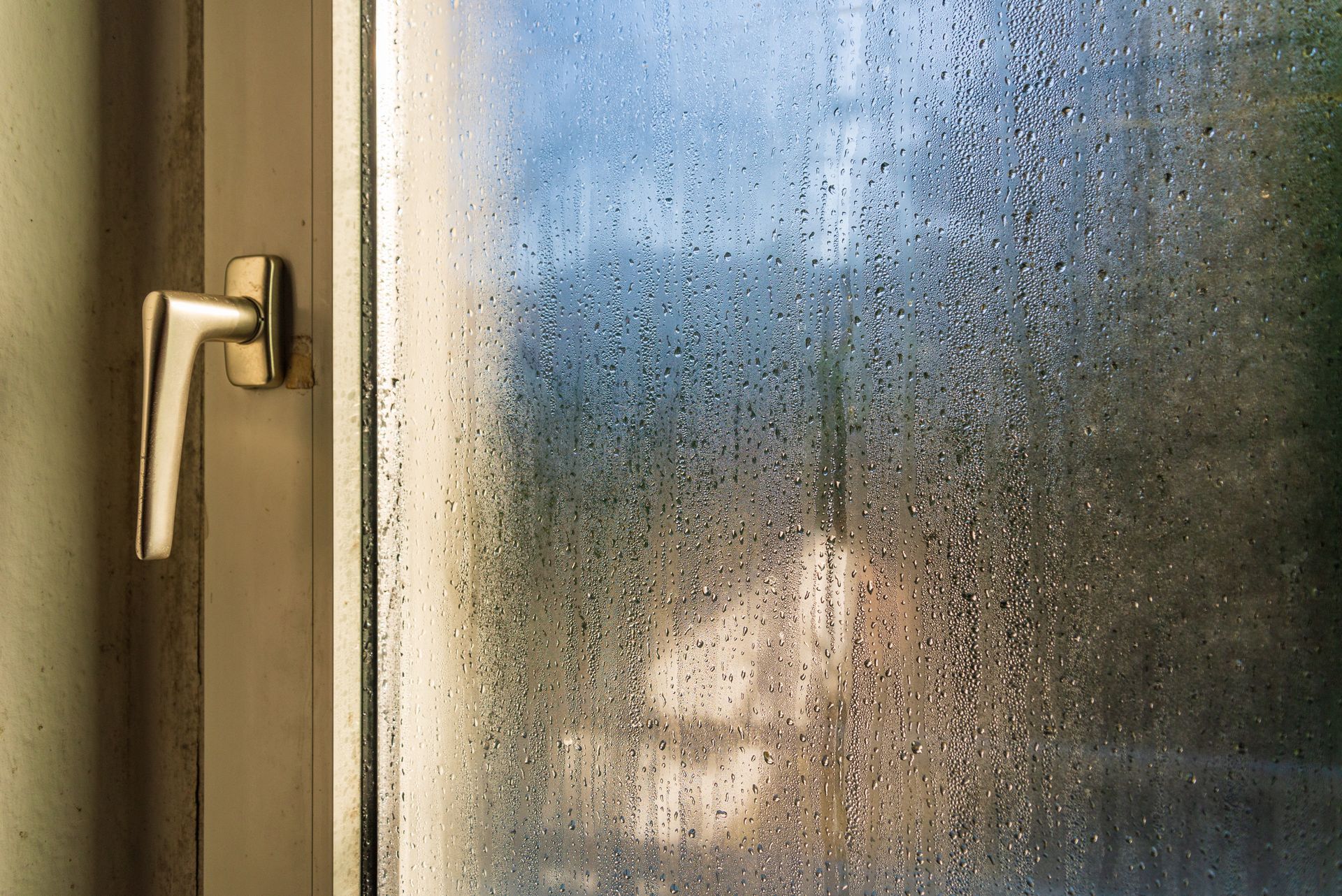5 Steps to Protect Your Home With Hurricane Door Repair
Hurricane season in Jacksonville Beach, FL, demands proactive preparation, and one of the most critical areas to address is your sliding glass doors. These doors are designed to withstand high winds and impact, but only when properly maintained. Over time, exposure to salt air, humidity, and mechanical wear can compromise their performance. Issues like misalignment, seal degradation, and hardware failure reduce a door’s ability to resist storm forces—creating vulnerabilities that can lead to water intrusion, structural damage, or even complete failure.
This is where hurricane door repair becomes essential. Unlike installation or glass replacement, repair focuses on restoring the mechanical and structural integrity of existing hurricane-rated doors.
5 Steps to Protect Your Home With Hurricane Door Repair:
Step 1: Inspect Seals and Weatherstripping for Integrity
The sealing system of a hurricane-rated sliding glass door is its first line of defense against wind and water infiltration. Over time, continuous exposure to UV radiation, temperature fluctuations, and moisture causes rubber and vinyl weatherstripping to harden, crack, or compress. When seals degrade, gaps form around the frame, threshold, and meeting stiles—allowing pressurized air and rain to enter during a storm. This not only increases the risk of interior damage but can also contribute to structural failure by creating pressure differentials within the home.
Begin by visually inspecting all seal points. Run your fingers along the perimeter to detect gaps or uneven compression. Pay close attention to the bottom sweep, which bears the brunt of foot traffic and environmental exposure. If the sweep no longer lies flat against the sill or shows signs of fraying, it must be replaced. Similarly, check the jamb and head seals for brittleness or separation from the frame.
Improper sealing is one of the most frequently encountered issues in hurricane door repairs in Jacksonville Beach, FL. Even high-performance doors can fail if seals are compromised. Replacing worn seals restores the door’s ability to form a continuous barrier, maintaining pressure resistance and weather tightness. This step is not merely cosmetic—it directly impacts the door’s engineered performance during extreme weather events. Regular inspection and timely replacement ensure long-term reliability and storm readiness.
Step 2: Evaluate Track and Roller Functionality
The track and roller system governs the door’s ability to open, close, and lock securely. In coastal environments like Jacksonville Beach, FL, sand, salt, and humidity infiltrate the track, leading to corrosion, debris buildup, and premature wear. A door that drags, binds, or fails to close completely cannot achieve a proper seal or engage its locking mechanism—rendering it ineffective during high-wind conditions.
Start by clearing all debris from the track using a brush and vacuum. Inspect for corrosion, pitting, or warping, particularly in aluminum tracks. Check the rollers for smooth operation; if the door sags or rubs against the frame, the rollers may be worn or misaligned. Many systems allow for height adjustment—tightening the roller screws can lift the door back into proper position.
Misalignment is often the result of improper installation or structural settling, both of which are correctable through professional hurricane door repair services. Worn rollers should be replaced with high-grade, corrosion-resistant models designed for heavy-duty use. Ensuring smooth, consistent movement is not just about convenience—it’s a critical safety requirement. A door must operate flawlessly under stress, and a well-maintained track and roller system is essential to achieving that reliability.
Step 3: Test and Maintain Locking Mechanisms
Multi-point locking systems are standard on most hurricane-rated doors, engaging latches at the top, center, and bottom of the door to secure it firmly within the frame. These locks are designed to resist uplift and lateral forces during storms, but they only work if all components are aligned and functioning properly.
Test each locking point individually. When engaged, the door should not shift or rattle. If resistance is high or latches fail to catch, inspect the strike plates for bending or misalignment. Loose screws, worn cams, or corroded components can prevent full engagement, significantly reducing holding strength. This is a common issue addressed during hurricane door repairs in Jacksonville Beach, FL. Adjusting strike plates, lubricating moving parts, and replacing damaged hardware ensures the lock system performs as intended. Remember, a single failed latch can compromise the entire assembly—making regular maintenance of this system non-negotiable for storm preparedness.
Step 4: Assess Frame and Mounting Hardware Stability
The door frame must be securely anchored to the building structure to transfer wind loads effectively. Over time, fasteners can loosen due to thermal expansion, vibration, or foundation movement. Inspect all visible screws, hinges, and anchors for tightness and signs of corrosion. A wobbly or shifting frame cannot maintain alignment, which affects sealing, roller function, and lock engagement. In severe cases, loose mounting hardware can lead to complete door failure under wind pressure.
Reinforcing the frame and re-securing hardware is a crucial part of hurricane door repair. This structural evaluation ensures the entire system operates as a unified, load-bearing component. It is especially important for older installations or homes that have experienced settling.
Step 5: Schedule a Professional Maintenance Inspection
Even with diligent self-inspections, some issues remain hidden—such as internal roller damage, subtle frame warping, or concealed seal degradation. A certified technician can perform a comprehensive assessment, identifying and correcting problems before hurricane season begins. Annual professional inspections are strongly recommended. They provide peace of mind and ensure your door meets performance expectations when it matters most.
Protect Your Home Before Storm Season Arrives
Don’t wait for a hurricane warning to assess your sliding glass door’s condition. Taking proactive steps now can prevent costly damage and ensure your home remains safe and secure. For expert hurricane door repair services in Jacksonville Beach, FL, trust the professionals at Smooth Coast Sliding Glass Door Repair! Call
(904) 780-0688 today to schedule your inspection and storm-proof your home with confidence.





